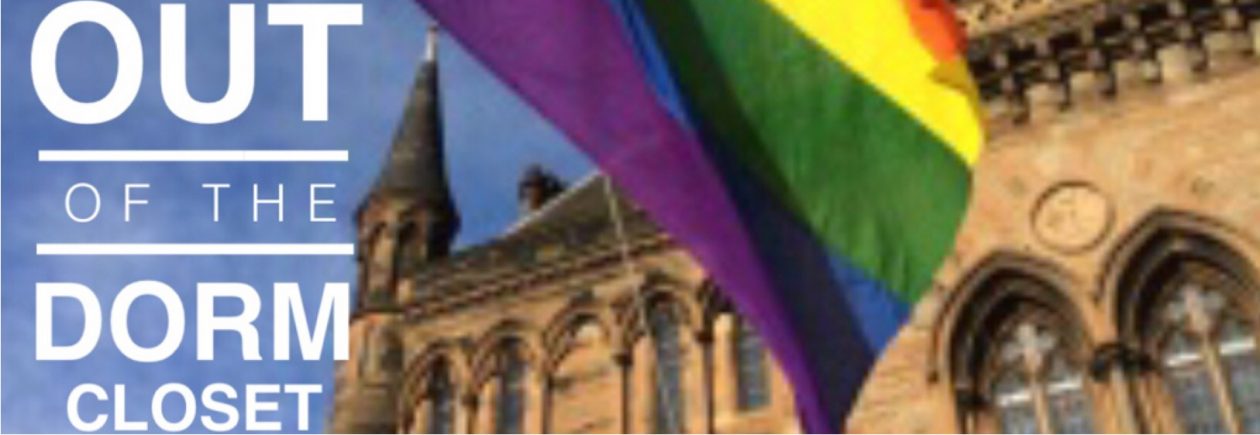A colleague of mine who is a college sociology professor and LGBTQ advocate recently gave her students a midterm evaluation to check how they were feeling about the class. A few students stated that they hoped she would “not talk about LGBTQ propaganda so much.”
When students immersed in an environment designed to promote open-minded critical thinking see a discussion of LGBTQ equality as “propaganda,” or as Merriam-Webster defines it, “ideas or statements that are often false or exaggerated and that are spread in order to help a cause, a political leader, a government, etc.”, what can we do to change this response?
The Association of American Colleges & Universities describes a Liberal Arts Education as “an approach to learning that empowers individuals and prepares them to deal with complexity, diversity, and change. It provides students with broad knowledge of the wider world (e.g., science, culture, and society) as well as in-depth study in a specific area of interest. A liberal education helps students develop a sense of social responsibility, as well as strong and transferable intellectual and practical skills such as communication, analytical, and problem-solving skills, and a demonstrated ability to apply knowledge and skills in real-world settings.”
The mission of Out of the Dorm Closet is to shed light on what is going right in the world of higher education for LGBTQ students, staff, and faculty. In doing this, we will also uncover some of the darkness. Sometimes we will be pointing out ideas and practices that perhaps no longer serve us as a society. Our hope is that we might open minds to think about whether it’s time to let go of these old ways of thinking and replace them with new ones.
As we travel the country visiting colleges and universities, we are conducting a fact-finding and fact-facing inventory. An inventory requires a deep unveiling of all aspects of a business. Nora experienced an example of this when managing a bookstore years ago: “I discovered during an inventory that we had a few amazing books that we loved, but they hadn’t sold in years. They were covered in dust and the pages had faded. We saw that if we let go of these items, we could replace them with newer, more relevant books that could improve our store.”
The question we are left with is what can we do differently? How do we discuss new ideas without them being labeled “propaganda?” What steps can both allies and the LGBTQ community take in this direction? We will address these questions through our interviews with students, staff, and faculty. Out of the Dorm Closet would also love to hear from you—your experiences, feedback, ideas, and what you would like us to include on this epic road trip!
